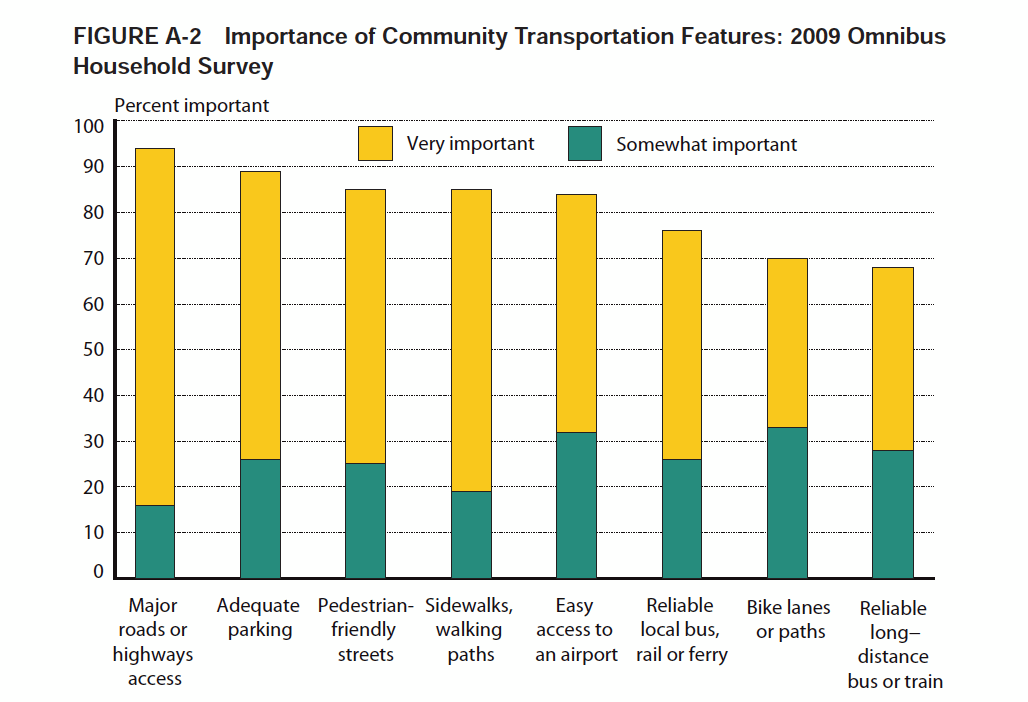
BUREAU OF TRANSPORTATION STATISTICS (BTS)
RESEARCH AND INNOVATIVE TECHNOLOGY ADMINISTRATION (RITA), U.S. DEPARTMENT OF TRANSPORTATION
The Transportation Statistics Annual Report (TSAR) presents data and information compiled by the Bureau of Transportation Statistics (BTS), a component of the U.S. Department of Transportation’s (USDOT’s) Research and Innovative Technology Administration (RITA), to fulfill its legislative mandate. The RITA/BTS mandate covers all modes of transportation and calls for the collection and analysis of transportation data on topics relevant to USDOT’s strategic goals.
The Annual Highlights section focuses on recent USDOT efforts to collect, compile, analyze, and publish transportation data and analysis. Such efforts include the following:
* the Survey of State Funding for Public Transportation,
* Livable Communities and Environmental Sustainability highlights from the Omnibus Household Survey, and
* Commodity Flow Survey (CFS) data and analysis on Hazardous Materials (Hazmat) shipments.
View this complete post...
Tags: BTS, Bureau of Transportation Statistics, Environmental Sustainability, livable communities, Research and Innovative Technology Administration, RITA
Posted in
Aging Infrastructure, Biking, Bridges, Buses, Environment, Funding, Hazardous Waste, Highway, Infra Views, National, Policy, Public Opinion, Public Transportation, Roads, Sustainability, Transit, Urban Planning
Comments Off on Transportation Statistics Annual Report (TSAR) 2010














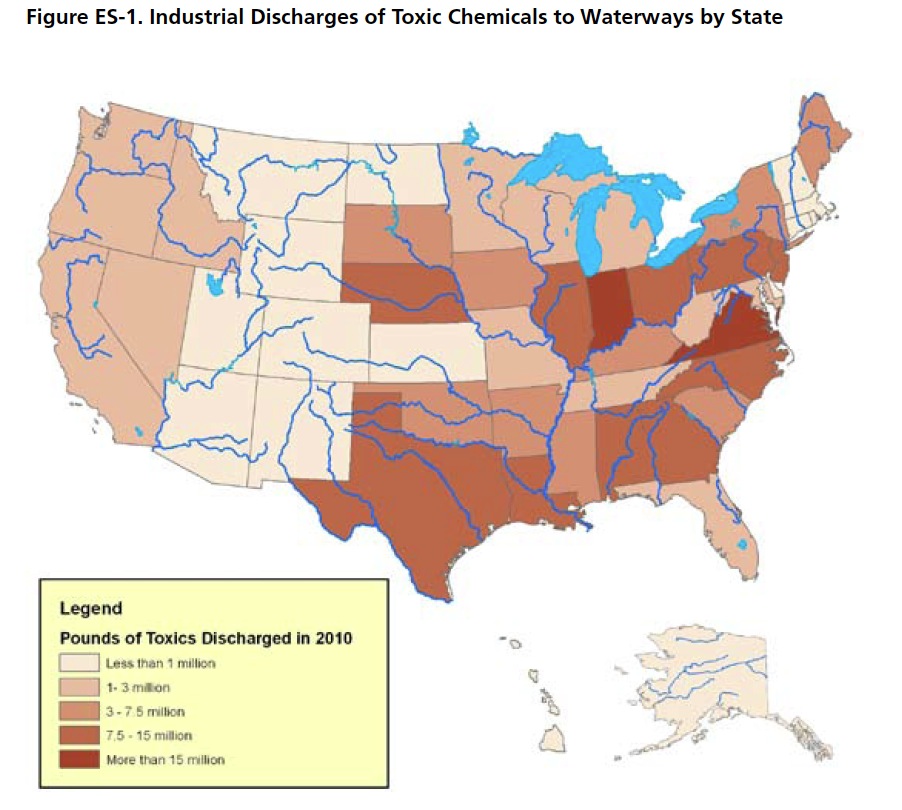

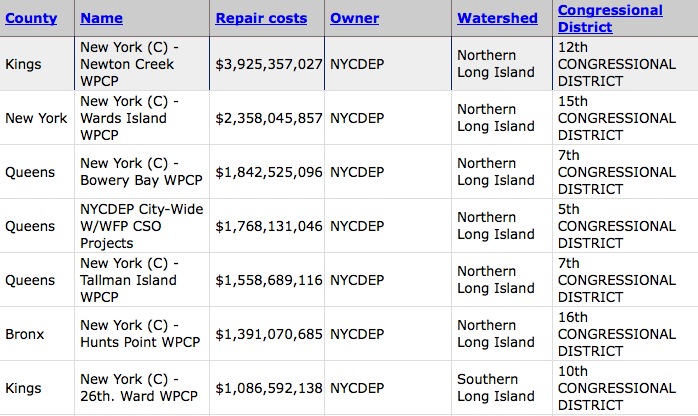

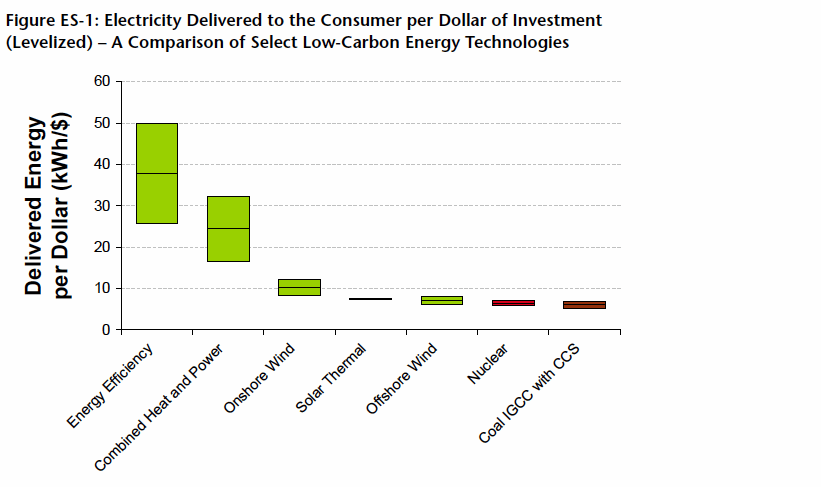
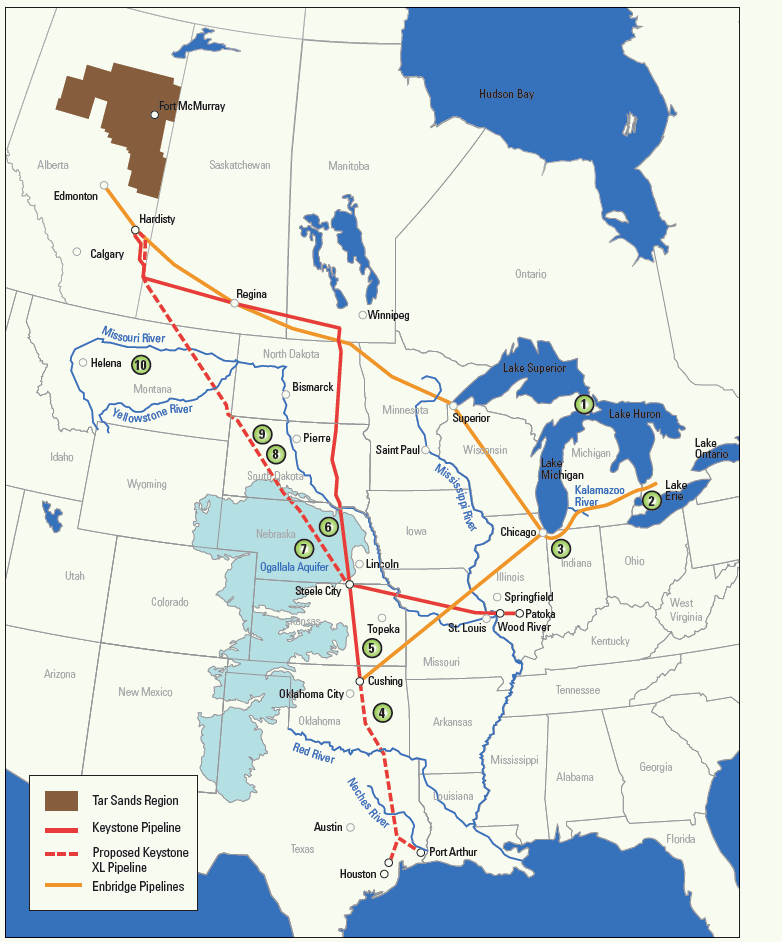

 RSS Feed
RSS Feed